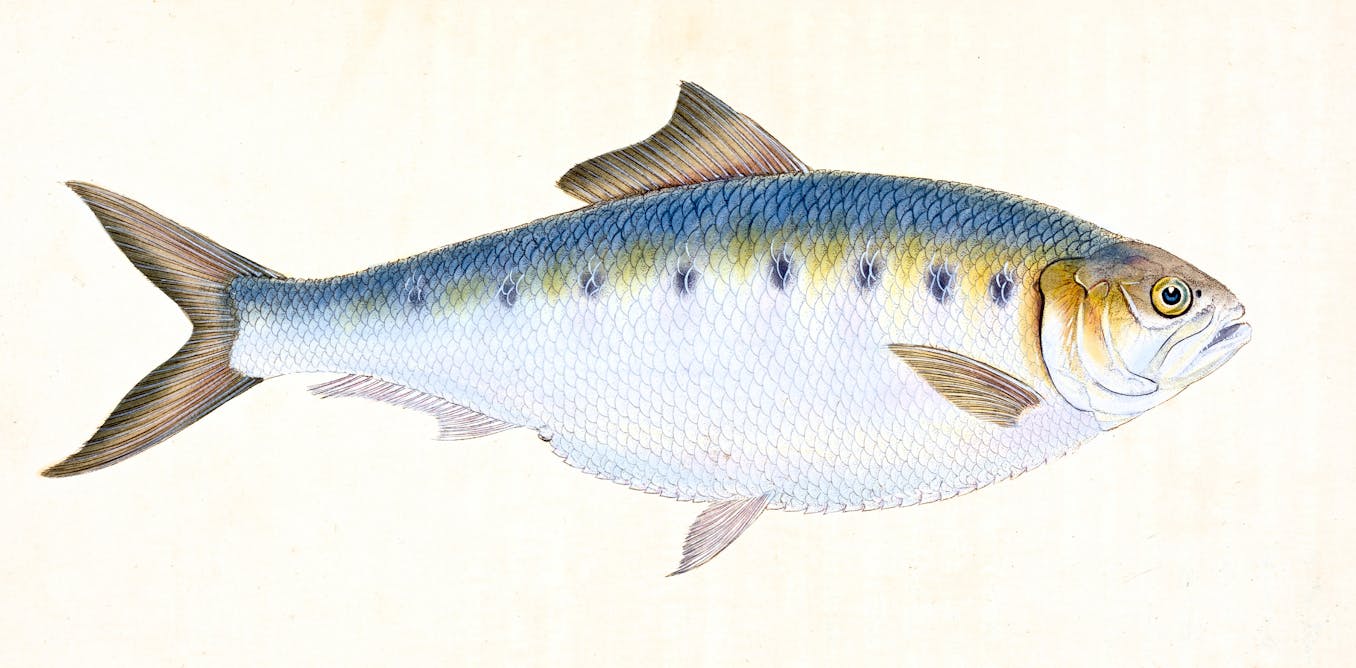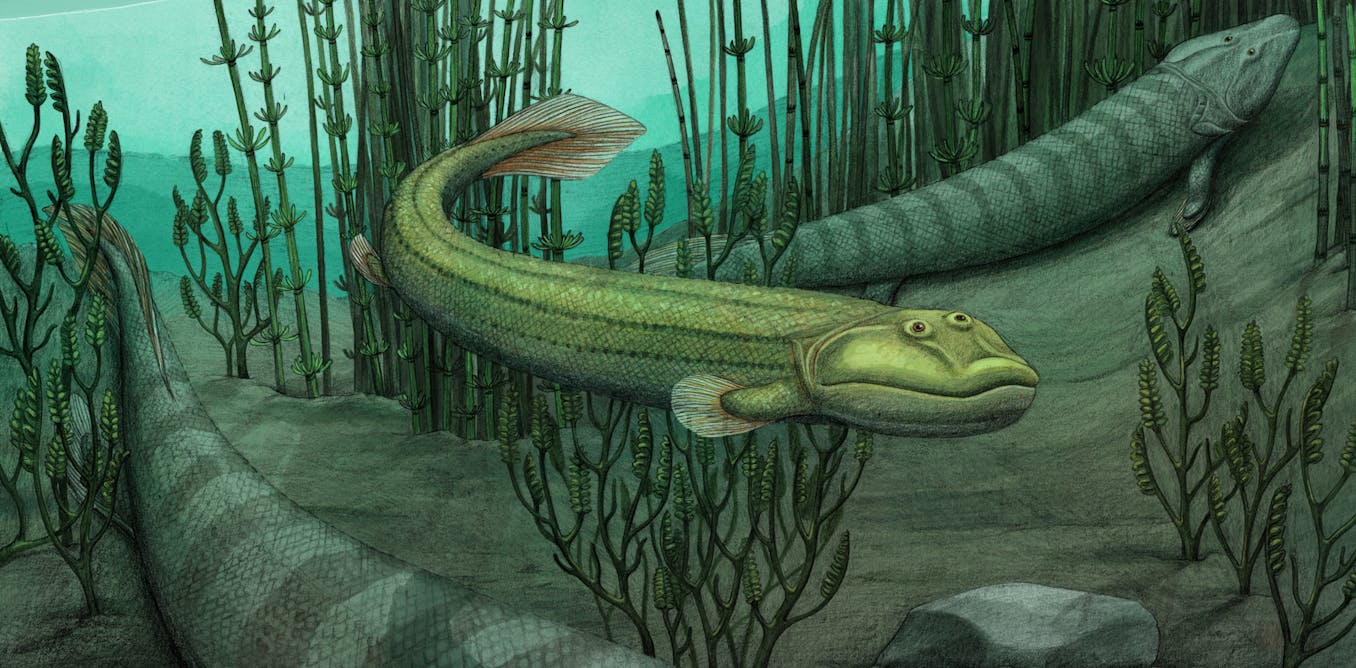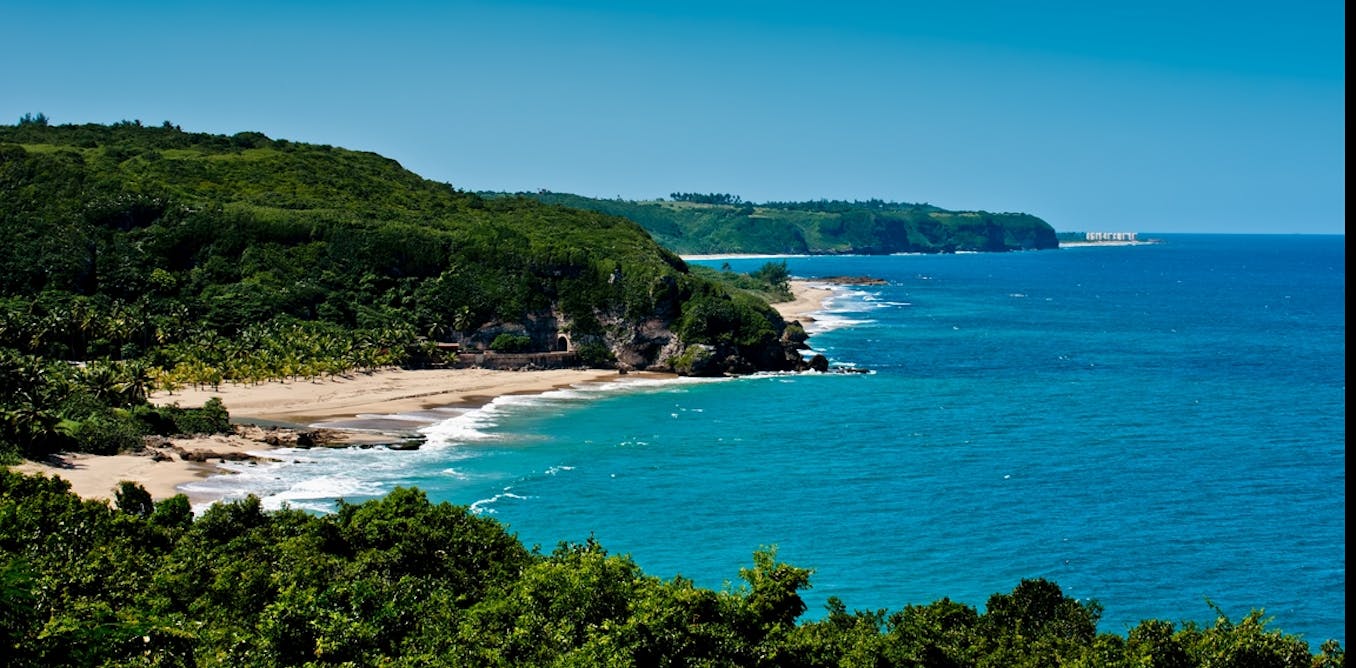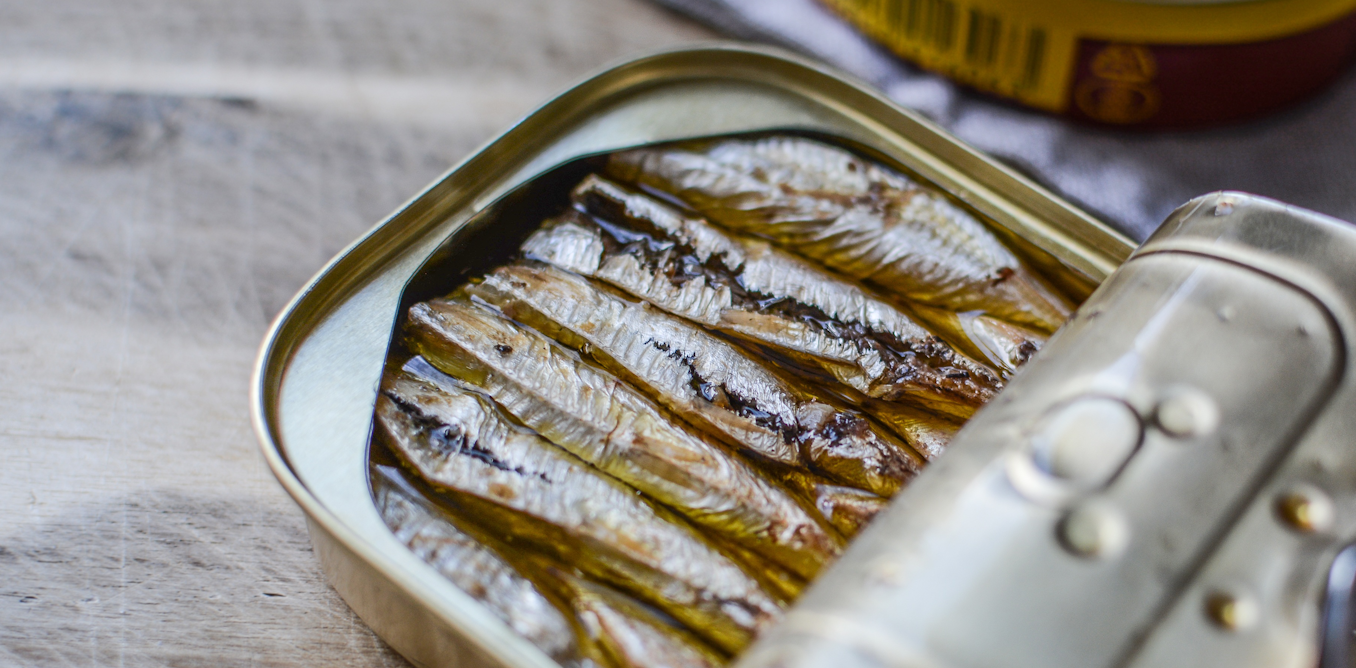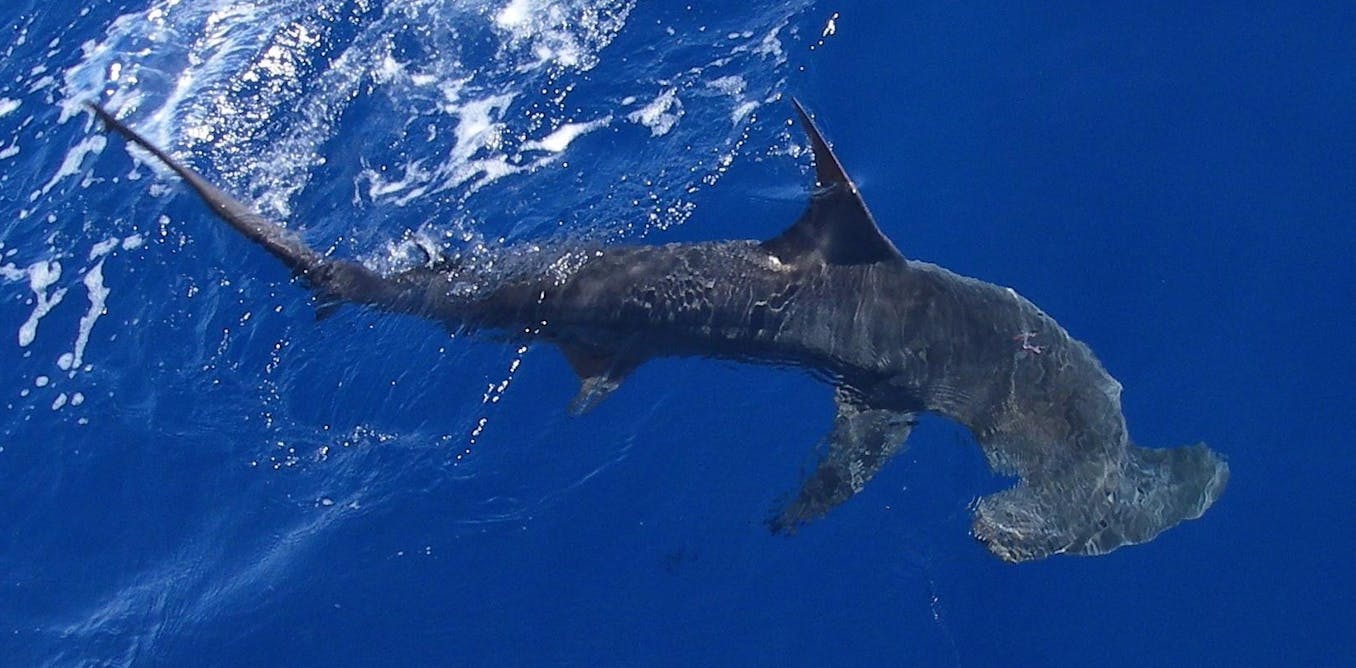The Mediterranean has experienced record sea temperatures this summer: this could devastate marine life
While official data is yet to be released, this year’s Mediterranean marine heatwave will likely have devastating ecological consequences.
Aug. 18, 2022 • ~7 min
How to finance marine conservation without harming local communities
The true cost of marine conservation often falls on vulnerable coastal communities. Can a ‘beneficiary pays’ approach protect both endangered species and the communities dependent on them?
Aug. 15, 2022 • ~6 min
Why do hammerhead sharks have hammer-shaped heads?
The first hammerhead shark was likely the result of a genetic deformity. A biologist explains how shark DNA reveals hammerheads’ history.
July 25, 2022 • ~7 min
When did the first fish live on Earth – and how do scientists figure out the timing?
A biologist explains how researchers nail down the age of ancient fossils thanks to a physical process called radioactive decay.
July 18, 2022 • ~8 min
Coastal gentrification in Puerto Rico is displacing people and damaging mangroves and wetlands
Puerto Rico’s tourism industry is booming as nations lift COVID-19 travel restrictions, but development is displacing people who have lived along its coastlines for years.
June 16, 2022 • ~10 min
Why do humans have bones instead of cartilage like sharks?
Hard and strong, or bendy and flexible? A cartilaginous skeleton provides advantages in the ocean, but wouldn’t stand up to life on land.
Feb. 21, 2022 • ~6 min
How poisonous mercury gets from coal-fired power plants into the fish you eat
The Biden administration is moving to revive mercury limits for coal-fired power plants. A scientist explains mercury’s health risks and the role power plants play.
Feb. 15, 2022 • ~9 min
/
10

